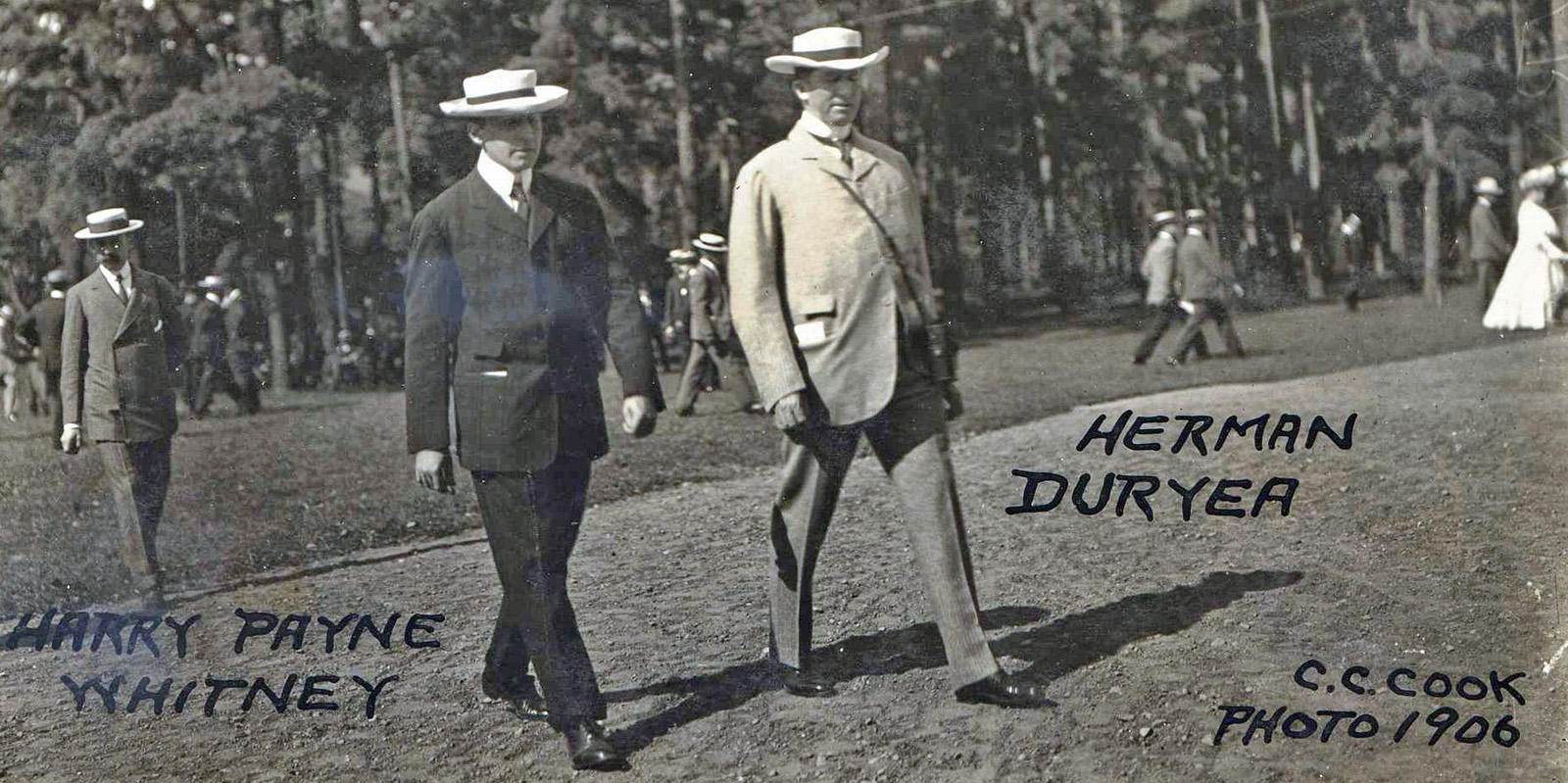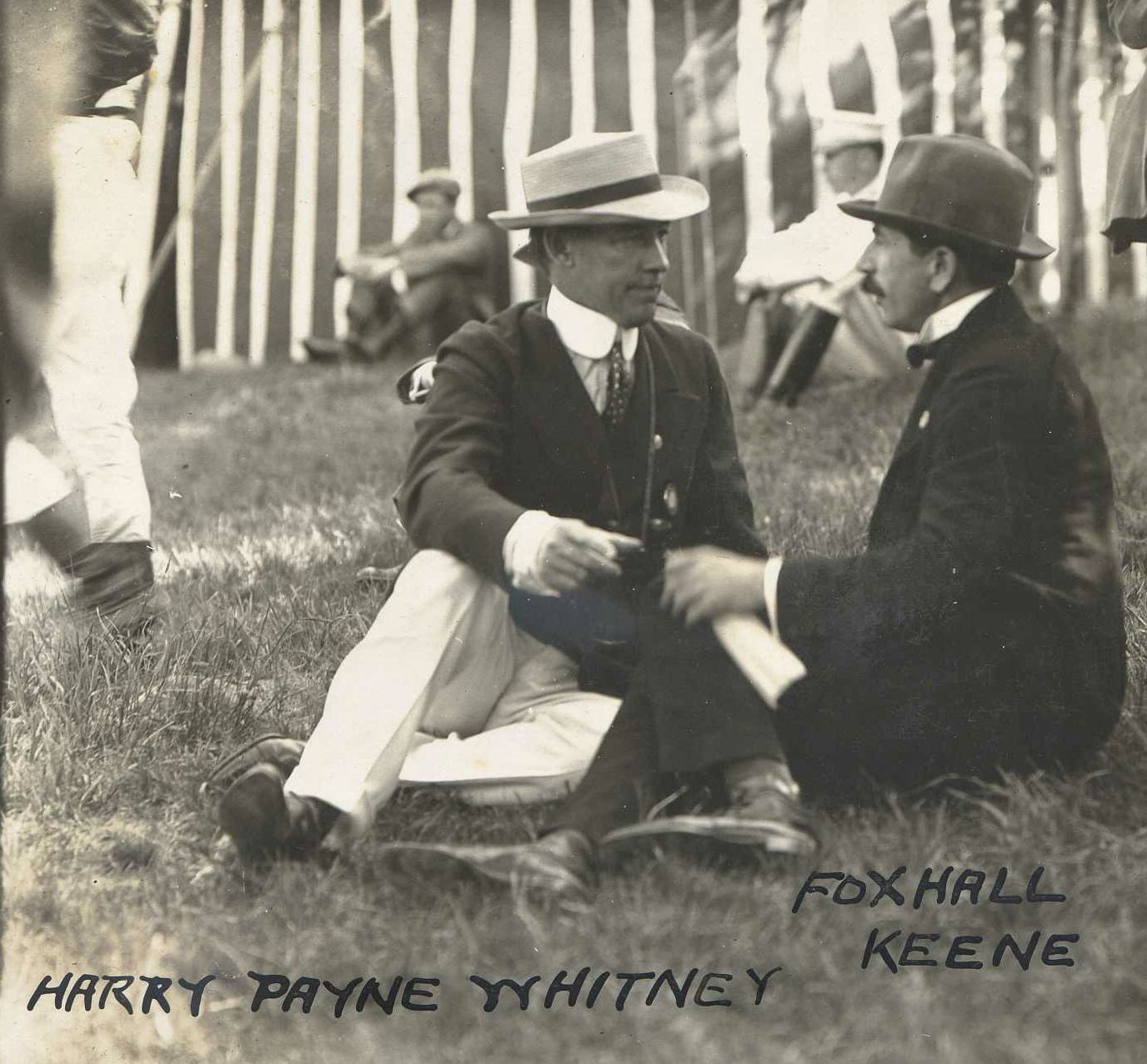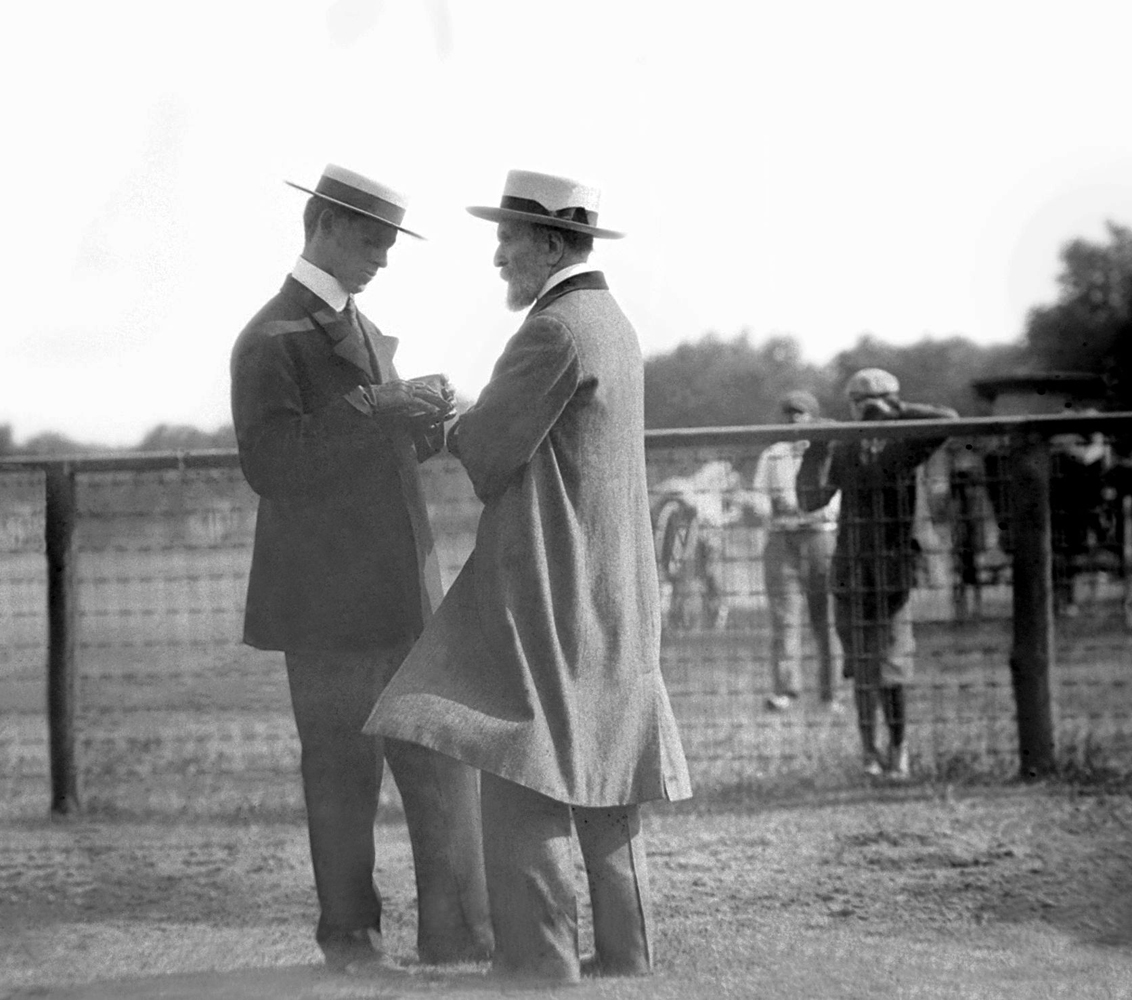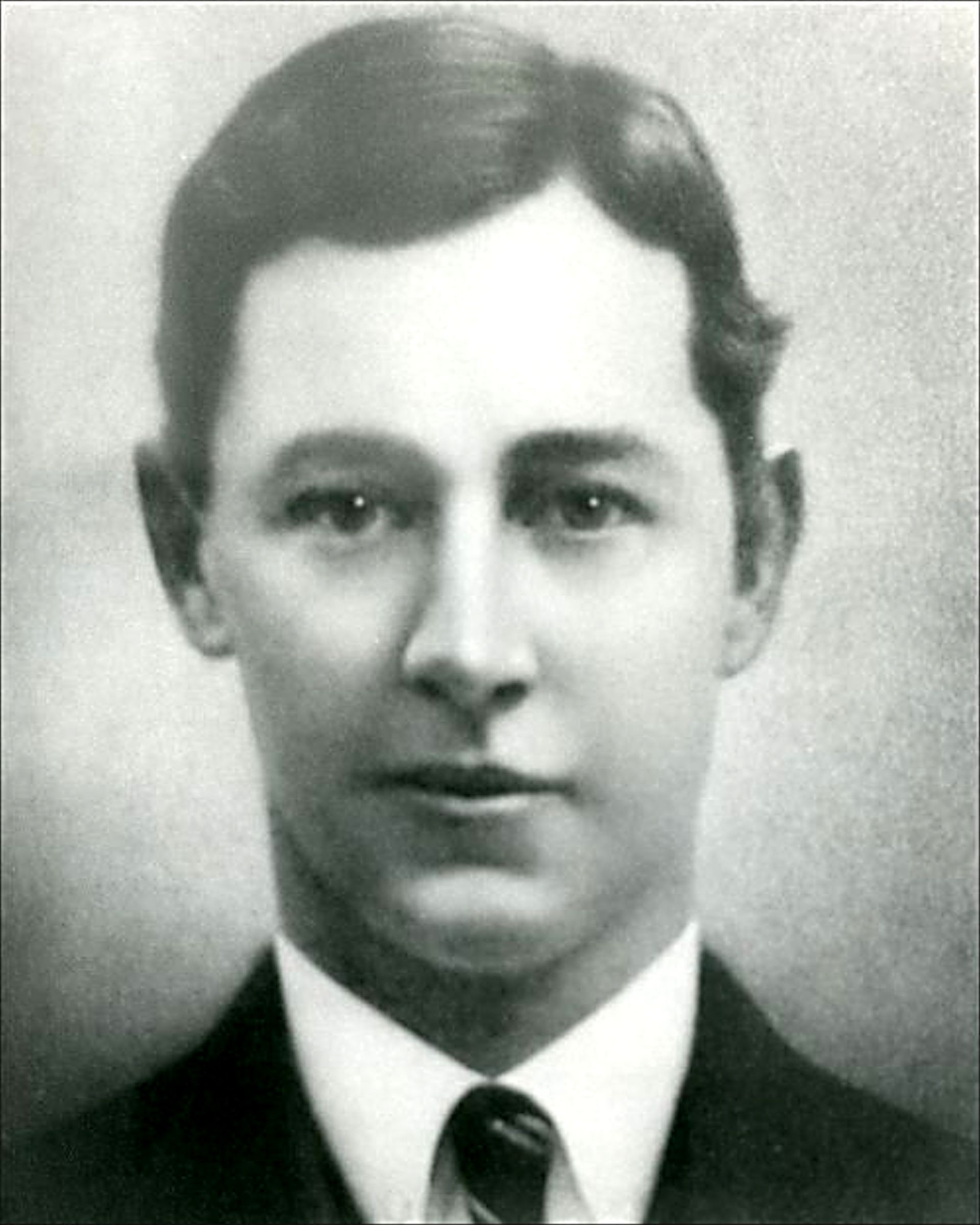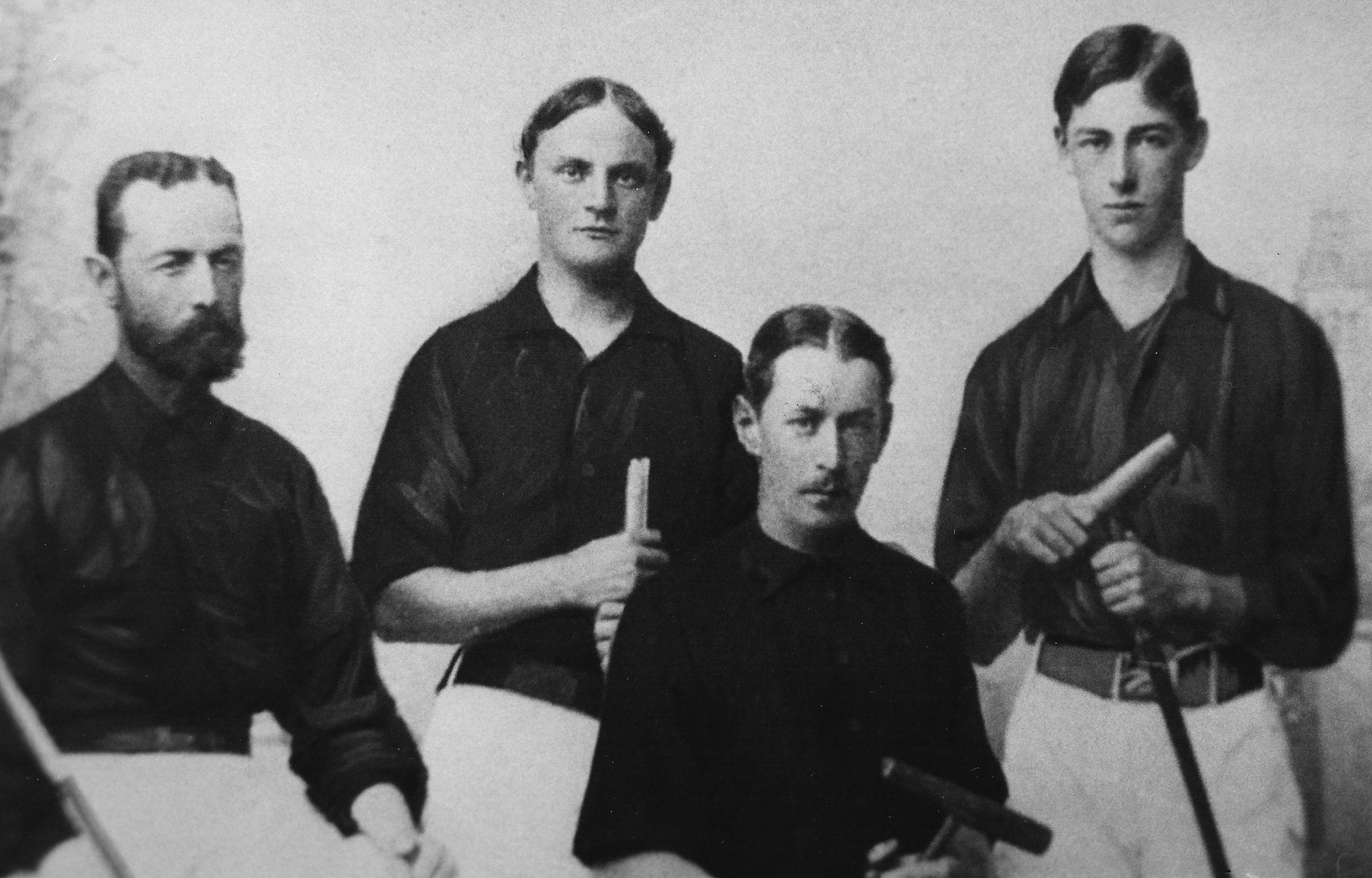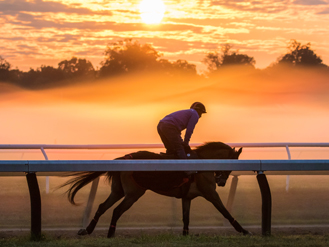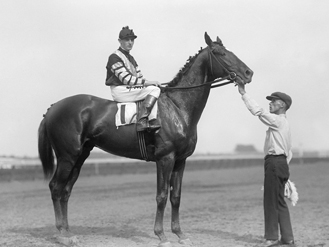Harry Payne Whitney
Harry Payne Whitney had big shoes to fill both in American society and thoroughbred racing. He made it all look absolutely effortless.
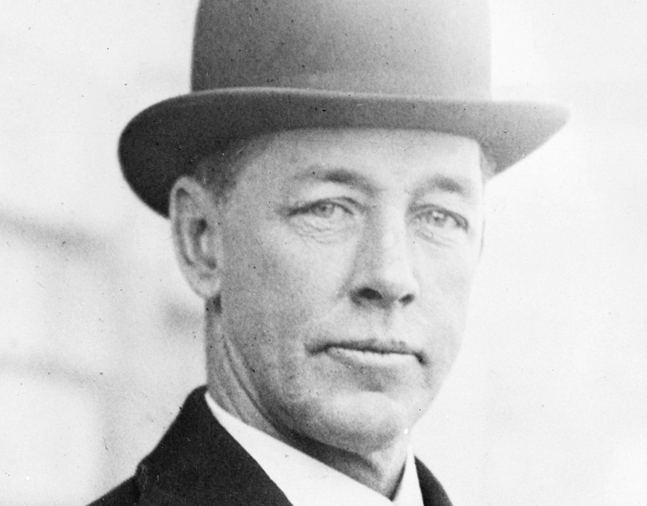
2018
April 29, 1872, New York City, New York
Oct. 26, 1930, New York City, New York
Biography
Harry Payne Whitney had big shoes to fill both in American society and thoroughbred racing. He made it all look absolutely effortless.
Born in New York City on April 29, 1872, Whitney was the eldest son of William Collins Whitney and Flora Payne. W. C. Whitney was a colossal figure in the fields of law, politics and military affairs. He also thrived in the stock market, prospered in numerous real estate ventures, and achieved the pinnacle of success in many leisurely endeavors, including thoroughbred racing. When he died in 1904, W. C. Whitney had only been involved in racing for a few years, but he had a phenomenal impact on the sport as a visionary leader. He had also become one of racing’s most successful owners and was in the process of developing an impactful breeding operation.
Like his father, Harry Payne Whitney graduated from Yale University. He went on to study law at Columbia but abandoned that profession in favor of becoming a force in the business world. Among his diversified interests, Whitney became president of the New York Transportation Company and chaired the board of the Hudson Bay Mining & Smelting Co. In 1896, he married Gertrude Vanderbilt, daughter of Cornelius Vanderbilt II, intertwining two of the most prominent families in America.
Whitney, who was a world-class polo player, dabbled in thoroughbred racing as early as 1902 independent from his father. He owned the successful Irish Lad in partnership with Herman B. Duryea. They purchased the colt from John E. Madden, who said, “I developed at least two great horses, Hamburg and Sir Martin, but it is the turfmen that I developed that I take great pride in, among them two champions, Harry Payne Whitney and Herman B. Duryea.”
Upon the death of his father, Harry Payne Whitney immersed himself in racing and breeding. At the dispersal of his father’s bloodstock in October of 1904, Whitney purchased 16 mares and two stallions (including the great Hamburg for $70,000) as the sale’s principal buyer.
It didn’t take long for Whitney to become one of the racing’s most visible and successful participants. He bred 192 stakes winners, a record that stood until surpassed by E. P. Taylor a half-century later. Twenty of the stakes winners he bred were recognized as champions: Burgomaster, Cudgel, Diavolo, Dice, Equipoise (Hall of Fame member), Johren, Maud Muller, Moisant, Mother Goose, Prudery, Regret (Hall of Fame member), Rosie O’Grady, Stamina, Tryster, Vexatious, Whichone, Whiskaway, Whisk Broom II (Hall of Fame member), Whiskery, and Top Flight (Hall of Fame member).
Whitney garnered significant acclaim in 1915 when Regret became the first filly to win the Kentucky Derby, which played a major role in raising the profile of the race into a truly national event. It wasn’t until 65 years later when Genuine Risk came along that another filly won the Derby. Four years after Regret’s Derby victory, a Whitney-owned colt named Upset earned a place in racing history as the only horse to ever defeat the mighty Man o’ War, accomplishing the feat in the 1919 Sanford Memorial Stakes at Saratoga.
As an owner, Whitney won 10 races in the Triple Crown series: the Derby with Regret and Whiskery (1927); the Preakness with Royal Tourist (1908), Broomspun (1921), Bostonian (1927), and Victorian (1928); and the Belmont with Tanya (1905), Burgomaster (1906), Prince Eugene (1913), and Johren (1918).
Whitney died at the age of 58 on Oct. 26, 1930, at his Fifth Avenue home in New York City. He had contracted a cold, which developed into pneumonia. Through the shrewd management of his business interests, Whitney had built upon his own inheritance of $10 million and left behind an estate valued at, according to The BloodHorse, $69 million. Before he died, Whitney bred the equine masterpieces Equipoise and Top Flight. Both became all-time greats of American racing while campaigned by Whitney’s son, Cornelius Vanderbilt Whitney, who inherited his father’s racing stable and breeding stock.
Harry Payne Whitney was America’s leading breeder in earnings, individually or in tandem with his son, 11 times. He also topped the list of leading owners eight times.
Achievements
North America's leading breeder in earnings — 1924, 1926, 1927, 1928, 1929, 1930, 1931, 1932, 1933, 1934, 1938
North America's leading owner in earnings — 1913, 1915, 1920, 1924, 1926, 1927, 1929, 1930
Triple Crown Highlights
Won the 1915 Kentucky Derby — Regret
Won the 1927 Kentucky Derby — Whiskery
Won the 1908 Preakness Stakes — Royal Tourist
Won the 1921 Preakness Stakes — Broomspun
Won the 1927 Preakness Stakes — Bostonian
Won the 1928 Preakness Stakes — Victorian
Won the 1905 Belmont Stakes — Tanya
Won the 1906 Belmont Stakes — Burgomaster
Won the 1913 Belmont Stakes — Prince Eugene
Won the 1918 Belmont Stakes — Johren
Other Highlights
Bred 192 stakes winners, including 20 champions
Media
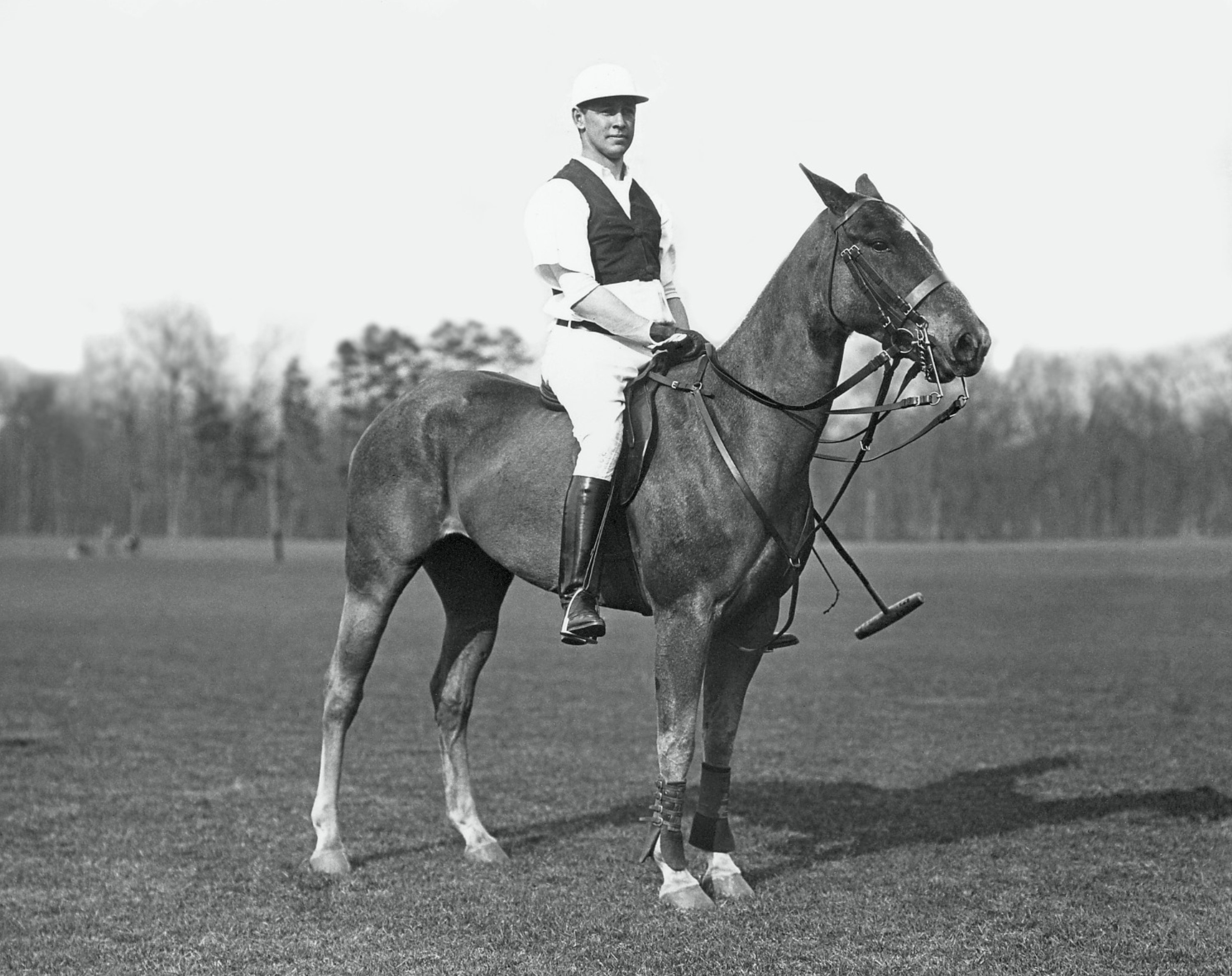
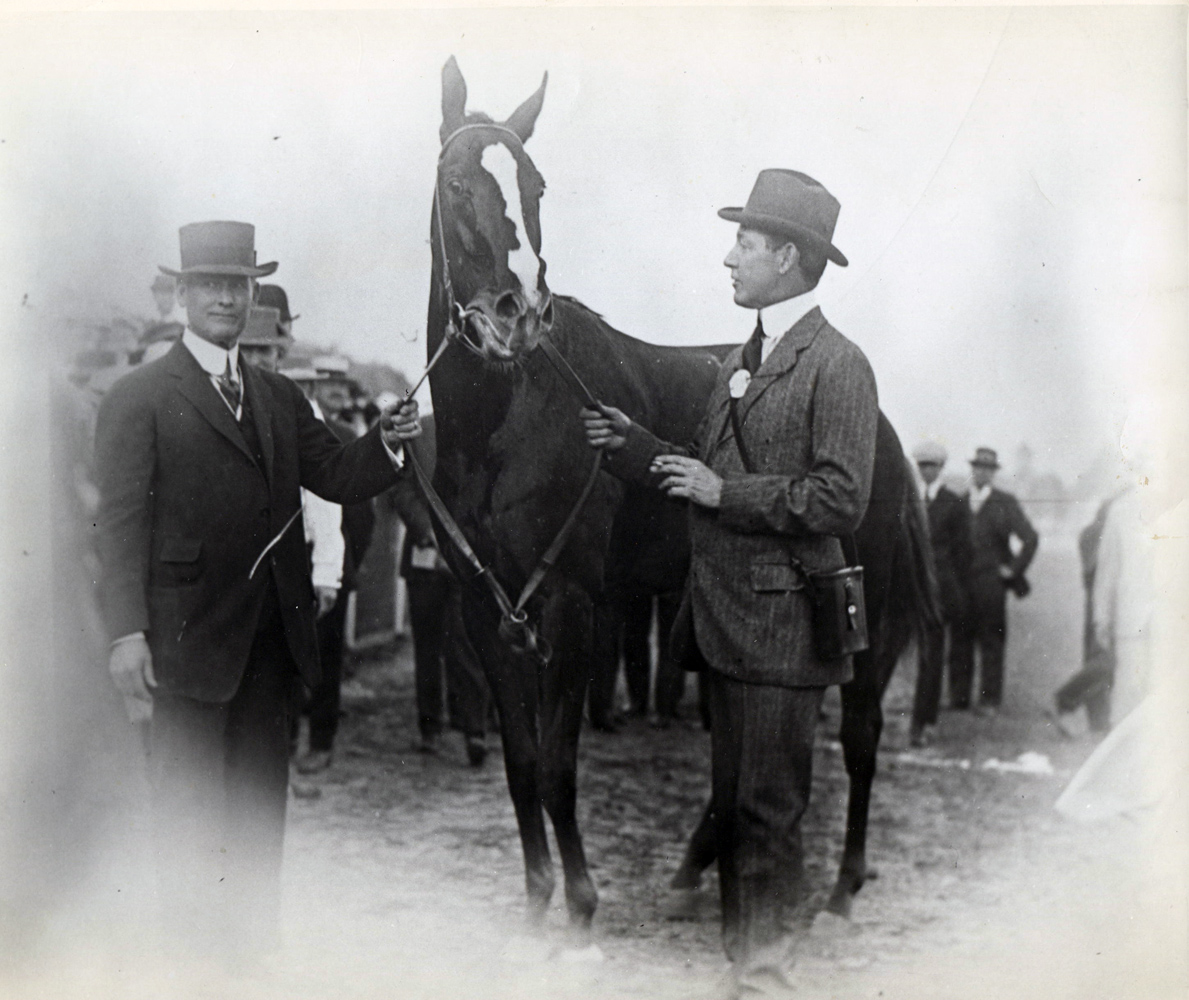
![From left, J. Parks, Harry Payne Whitney, and F. Skiddy von Stade, ca. 1910 (George Grantham Bain Collection, Library of Congress, LC-DIG-ggbain-15888) J. Parks, Harry Payne Whintey, and F. "Skiddy" von Stade, c. 1910 (Library of Congress, Prints & Photographs Division, [LC-DIG-ggbain-15888])](https://racingmuseum.org/sites/default/files/hall-of-fame/pillars/HP%20Whitney%20library%20of%20congress.jpg)
